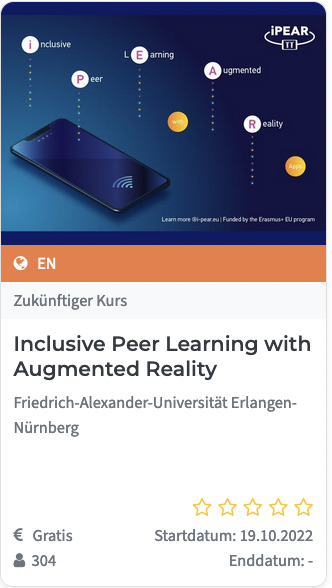One of our contributions to the HCII 2023 was titled „Perceived Effects of Mixed Reality in Distance Learning for the Mining Education Sector“ and it got published right now:
Abstract:
Mixed reality as a tool for teaching has made only limited use of its possibilities so far. However, it brings a plethora of new opportunities, with benefits ranging from interactivity to more vividness. These factors could improve numerous areas of teaching. The mining sector would benefit from new methods combined with mixed reality especially. Therefore, the MiReBooks project was launched: Various applications have been developed that can vividly present content using 3D models, virtual field trips and other methods. To verify and further improve these tools, an evaluation phase was conducted. During two test lectures in distance learning, a total of 23 participants answered a posttest questionnaire. The results showed that the teaching quality could be maintained well by the mixed reality application even in distance learning. Students were satisfied with the methods used, attributed good usability to the tool, and felt integrated into the classroom. At the same time, the team realized that the quality of the lesson depends heavily on the quality of the materials and the expertise of the lecturer. It also became clear that other factors, such as the technical infrastructure and support, are particularly important in this format.
[full article @ publisher’s homepage]
[draft @ ResearchGate]
Reference: Thurner, S., Schön, S., Ebner, M., Leitner, P., Daling, L. (2023). Perceived Effects of Mixed Reality in Distance Learning for the Mining Education Sector. In: Zaphiris, P., Ioannou, A. (eds) Learning and Collaboration Technologies. HCII 2023. Lecture Notes in Computer Science, vol 14041. Springer, Cham. https://doi.org/10.1007/978-3-031-34550-0_15

